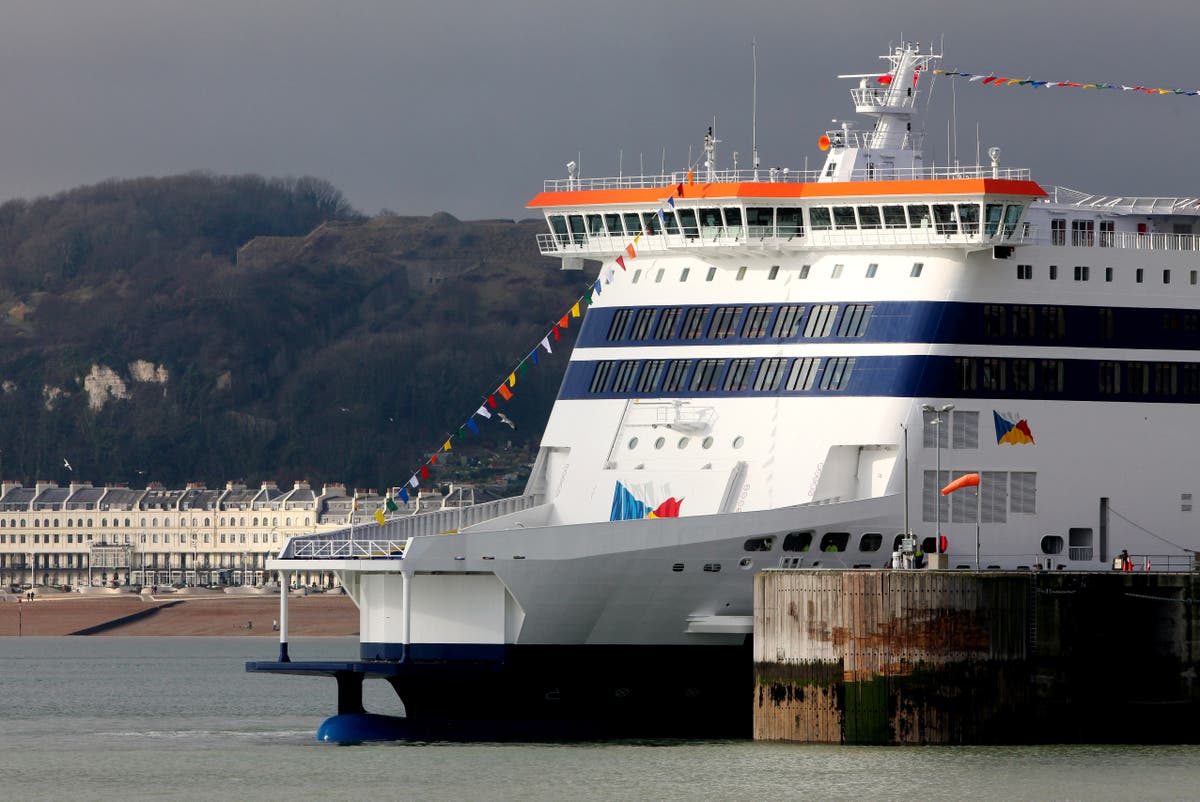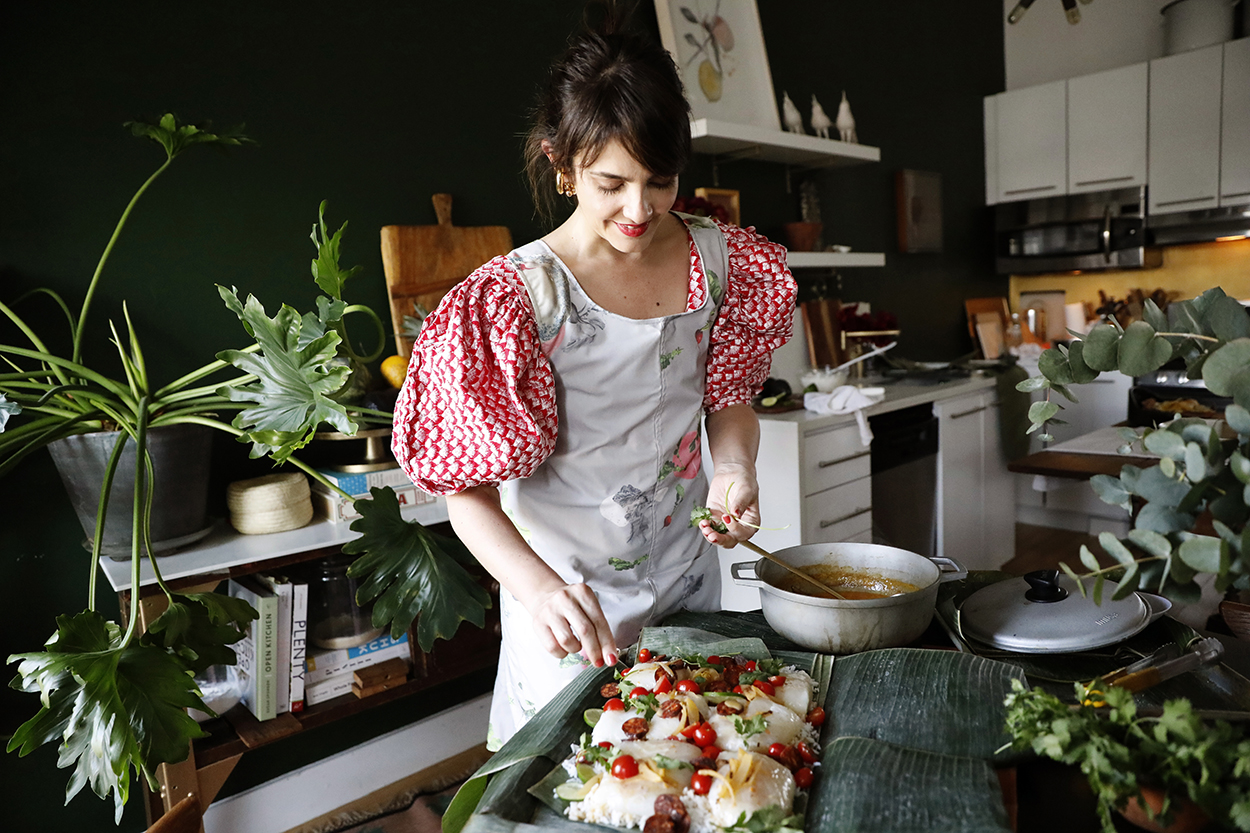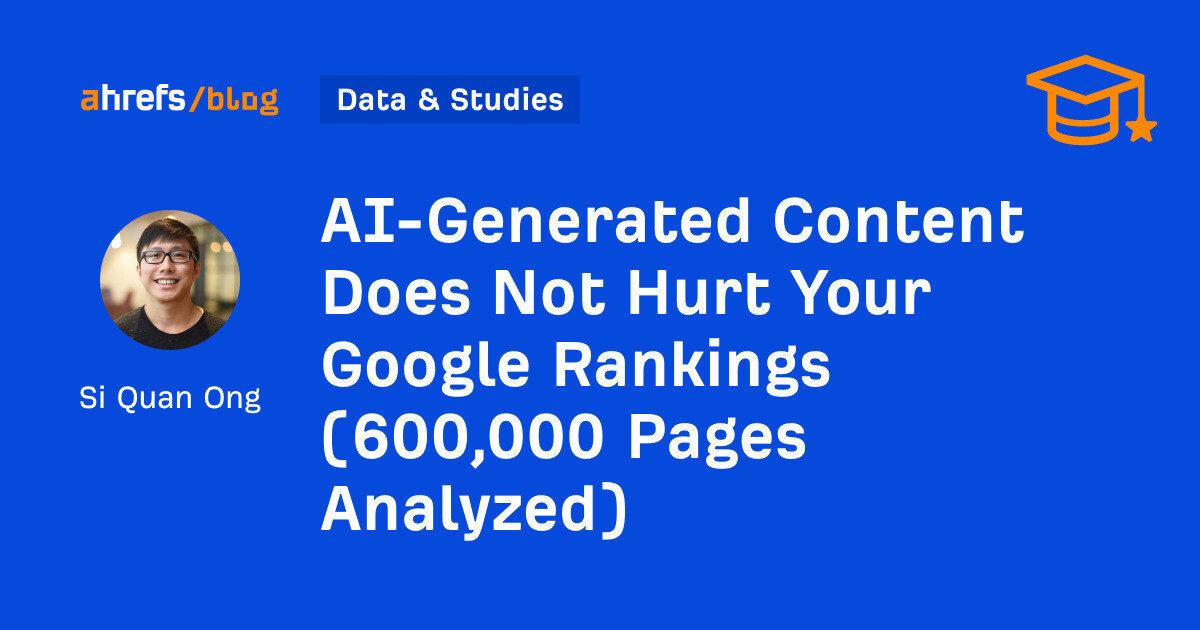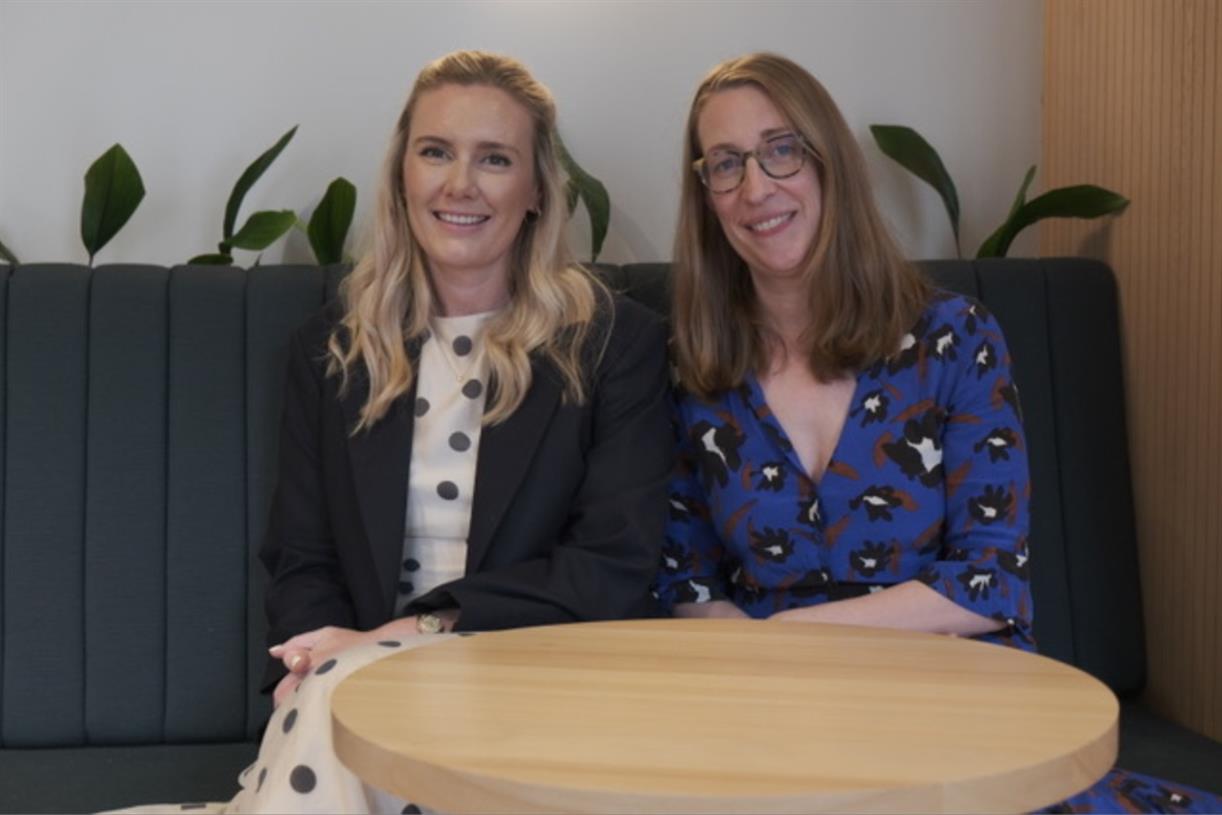How this social enterprise in Ipoh helps the needy beyond just giving handouts
Kenyang is a Malaysian social enterprise based in Ipoh that is working to feed the needy by sourcing food from collaborative partners.
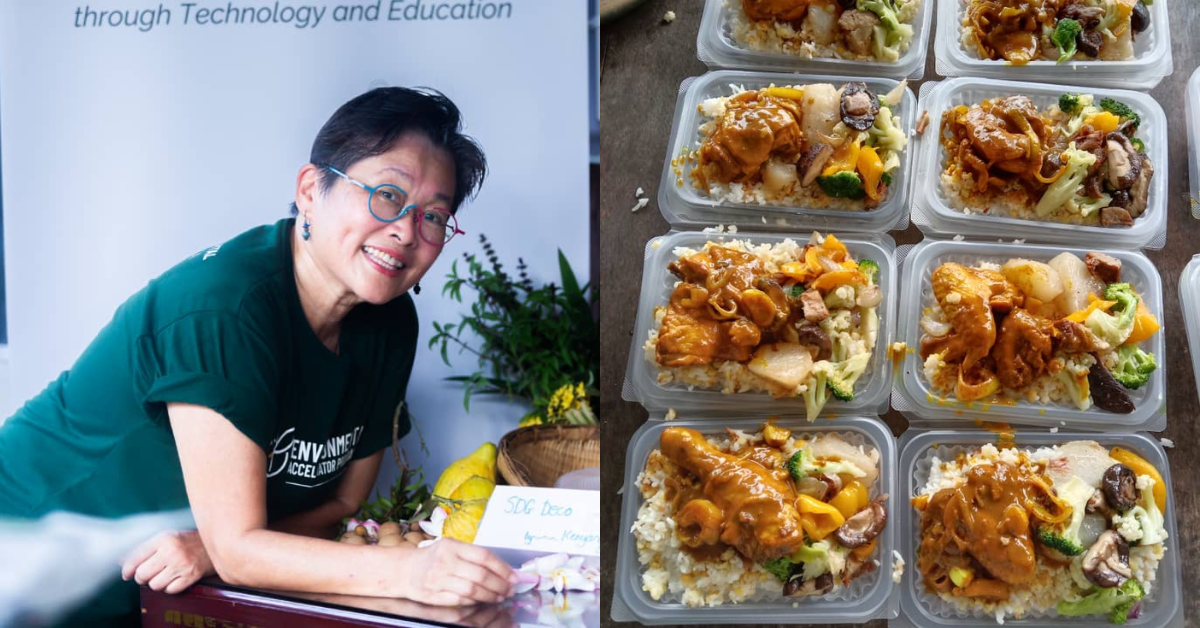
Every year, 8.3 million metric tonnes of food is wasted in Malaysia. That’s more than 22,000 tonnes every day.
At the same time, many go hungry in this country on a daily basis. Clearly, there’s a gap between the food that is available and the people who need it the most.
One organisation that’s addressing this issue is Kenyang. Meaning “full” in Bahasa Melayu, Kenyang is an Ipoh-based organisation that aims to keep its beneficiaries’ tummies satiated.
They do this by partnering with organisations such as Rise Against Hunger, BEACON Chicken, Fantastic Pastry Academy, and vegetable farmers from Cameron Highlands who provide surplus food that would have otherwise entered landfills.
Founder Tan Yuen Mun (Mun) was first inspired to feed the community when she came across Hamka, a scholarship student who was studying to become a doctor. Yet, he was about to drop out of university due to his poor health stemming from a lack of food.
“Witnessing Hamka, who once was on the brink of academic fallout due to health issues, but has since graduated as a family medicine specialist, affirmed our belief to assist the underprivileged,” Mun shared.
Today, Kenyang helps poor communities become independent, starting by literally putting food on their tables.
A grassroots project
Starting out, Mun didn’t envision Kenyang to be a huge project. It simply started because she noticed students were lacking food.
However, when she began providing meals in 2019, Mun understood the real issue of food insecurity.
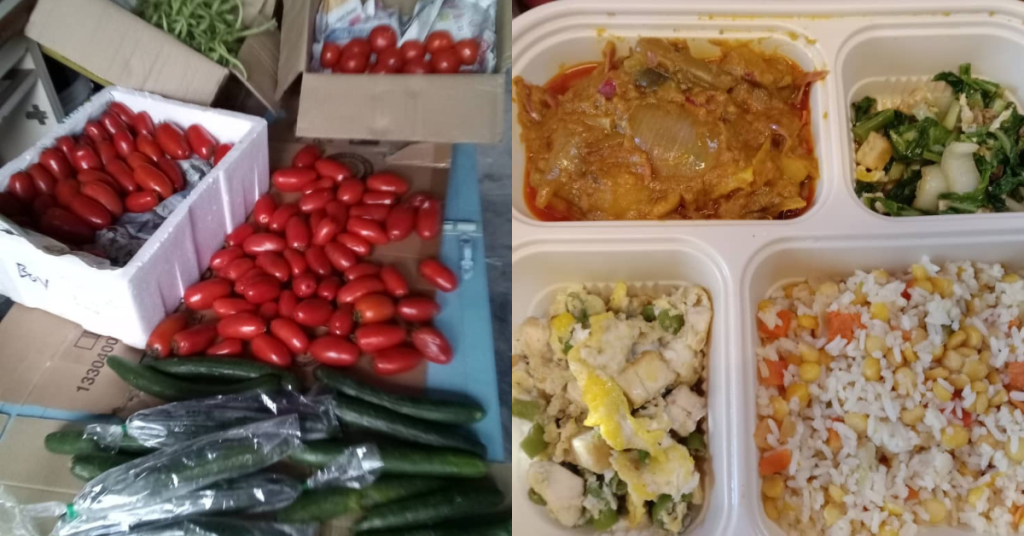 Image Credit: Kenyang
Image Credit: Kenyang“Kenyang slowly evolved as a solution to this problem,” Mun explained.
The idea for it began in 2022, and it took more than 15 months to launch the feeding programme in November 2023.
“I dug into my own savings for the initial funding to kickstart Kenyang,” the founder said.
Prior to Kenyang, Mun spent 10 years operating a homestay in KL as well as a catering service, providing her with the know-how to run Kenyang.
Today, Kenyang is her full-time commitment, though she financially sustains herself with other income sources including her homestays.
Meanwhile, Kenyang is sustained thanks to the collaboration of individuals and NGOs. Mun also secured funding from Biji Biji Accelerator Initiative, contributing to the start of Kenyang’s feeding programme and development of 117 Hub, Ipoh.
117 Hub serves as a homebase for Kenyang where the team coordinates distribution of their meals.
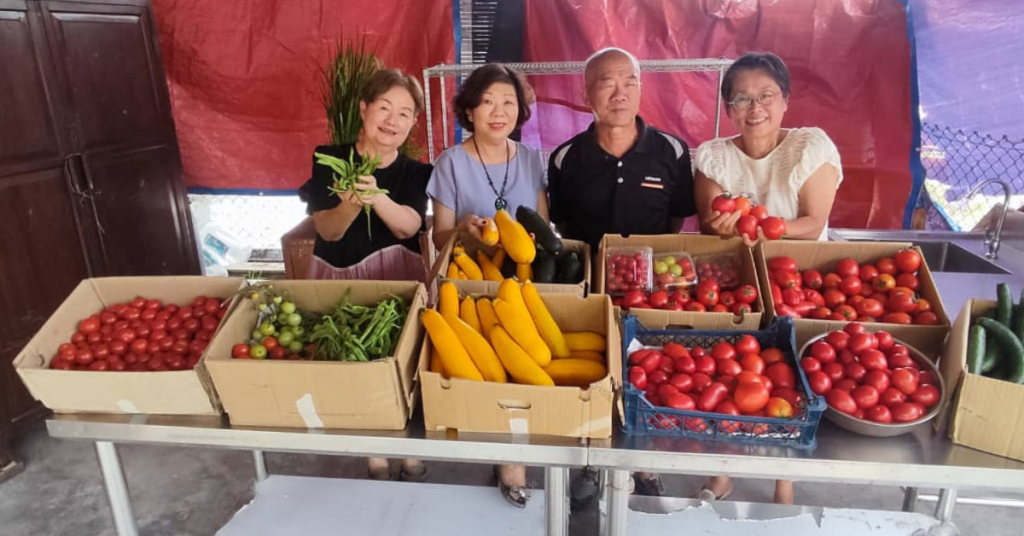 Image Credit: Kenyang
Image Credit: KenyangBut beyond that, it functions as an institution where Mun and her team teach about living sustainably. It’s a centre for their hands-on home living programme for corporates and schools, as well as a sustainable community garden for people to grow their own crops.
The hub’s first phase, which is the 117 Hub homestay has been completed and is set to open in the first quarter of this year. The upcoming phase two will involve the sustainable home living model and a rooftop garden, while phase three will be about planting ulam and other edible crops.
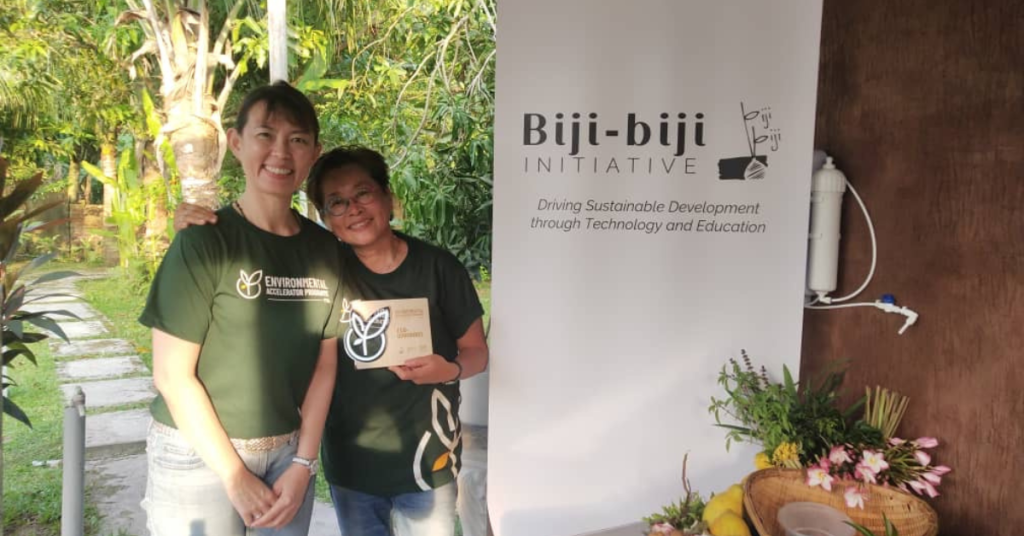 Image Credit: Kenyang
Image Credit: KenyangAside from the support of Biji-Biji Initiative, Kenyang also stays afloat through a mix of personal and goodwill seed money.
Impact over profits
The beneficiaries of Kenyang are those whom they believe who need the support the most—children aged between 7 to 12 years old from the B40 community.
Aside from providing meals, Kenyang supports them in personal growth, studies, and other useful skills, setting them up for success in secondary school.
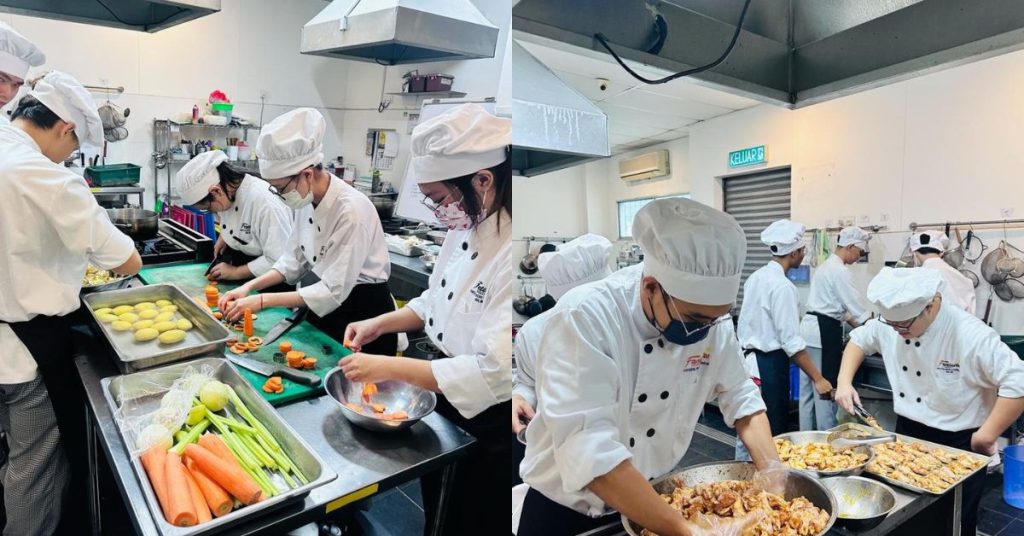 Image Credit: Kenyang
Image Credit: KenyangKenyang also supports adults by offering training in skills that match what local companies are looking for. This aligns with their bigger goal of empowering people for the long term.
“At Kenyang, our primary focus is on giving back to the community rather than profits,” Mun said when asked about Kenyang’s revenue model. “Instead of seeking monetary gains, we channel our efforts into salvaging food that would otherwise go to waste and redistributing it to those in need.”
She believes that by keeping people in Ipoh well-fed, they will have the strength to overcome challenges.
For 2024, Kenyang aims to increase its impact. Last year, the team provided meals for 32 children, and are now aiming to support 45 kids.
To do this, the answer lies in strategic partnerships and collaboration. They’ll need coaches or mentors for their sustainability programmes, suppliers for the Kenyang RM0 meal initiative, and sponsors for various activities such as boot camps and student family welfare programmes.
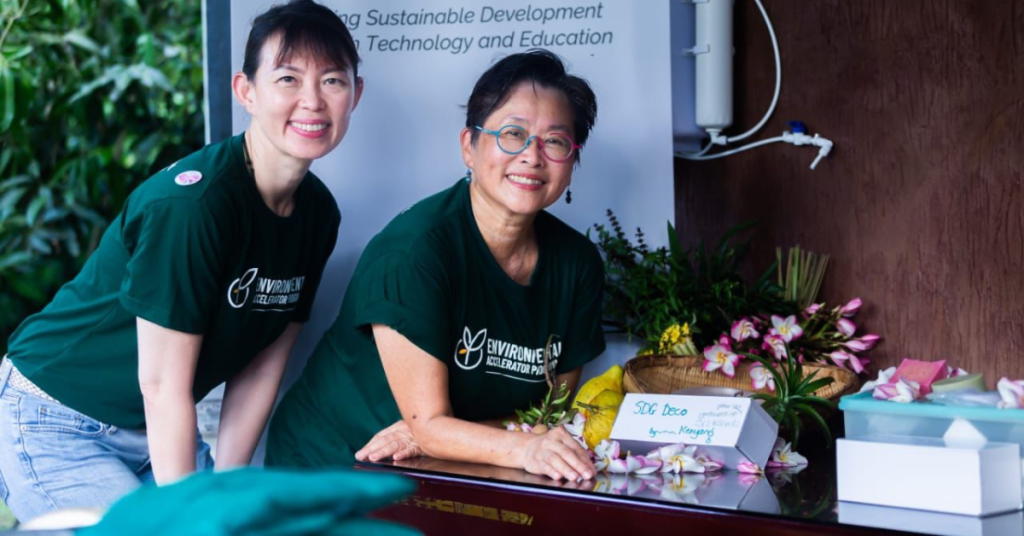 Image Credit: Kenyang
Image Credit: KenyangAiming for 117 Hub to become self-sufficient in three to five years’ time, they will also have income-generating initiatives like the homestay, sustainable gardens, and other food-related services.
Give a man a fish
As the famous adage goes, “Give a man a fish, and you feed him for a day. Teach a man to fish, and you feed him for a lifetime.”
This quote highlights the importance of not just giving handouts, but instead providing knowledge to be self-sustaining. Kenyang conducts itself according to this mindset by going beyond immediate assistance.
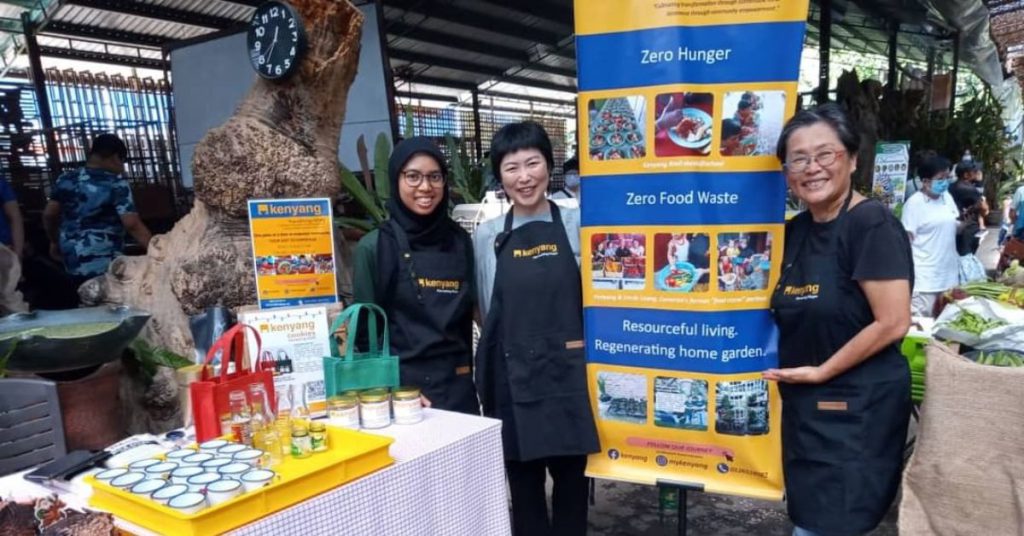 Image Credit: Kenyang
Image Credit: Kenyang“We are not practising a ‘hand-out’ model but working towards a ‘3-In-1’ model where everyone plays a part in making sure no one goes hungry,” Mun said. The three in three-in-one refers to recipient, sponsor, and Kenyang.
However, before people can begin to be self-sustaining, they must first have enough energy and food to cover their basic needs. Just look at Hamka’s case. So, Kenyang starts its aid with meals, but the end goal is to support recipients until they can stand on their own.
“Success for Kenyang is when recipients no longer rely on Kenyang meals, can generate their own income, and adopt sustainable living and zero waste principles,” Mun said.
Learn more about Kenyang here. Read other articles we’ve written about social enterprises here.Featured Image Credit: Kenyang

 Aliver
Aliver 







